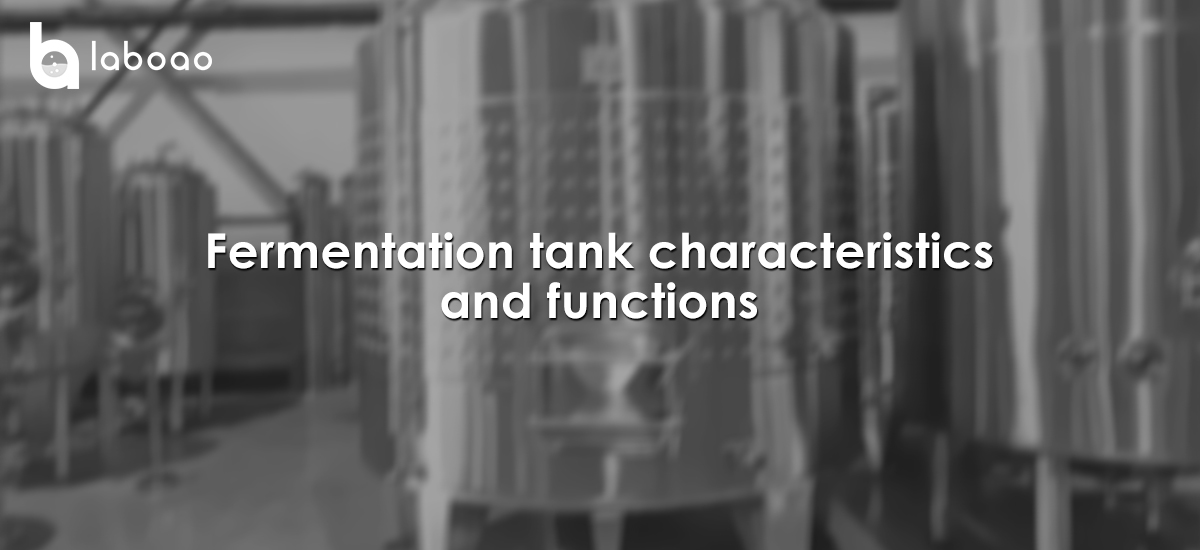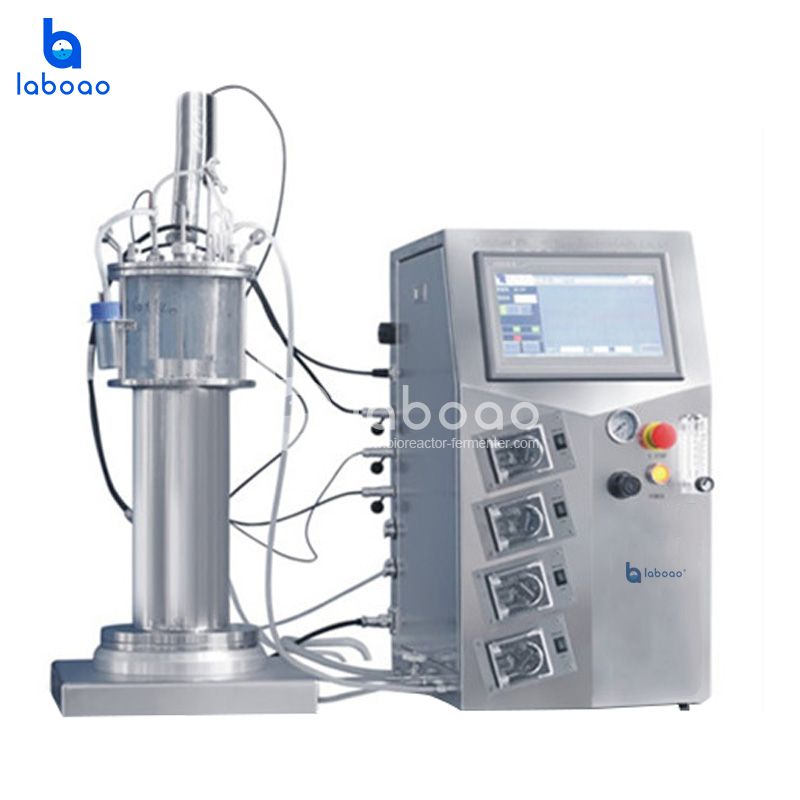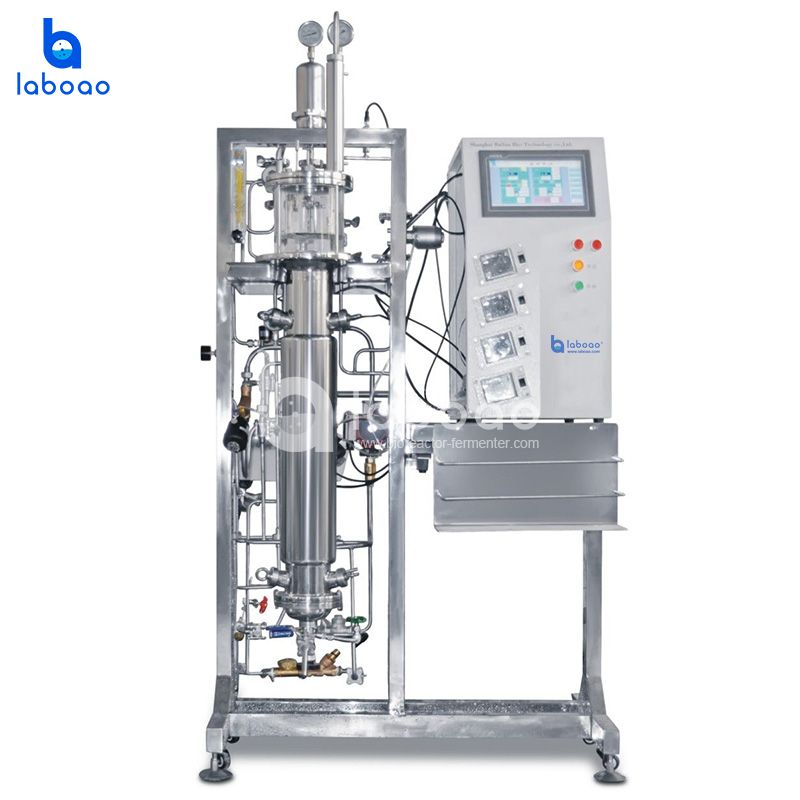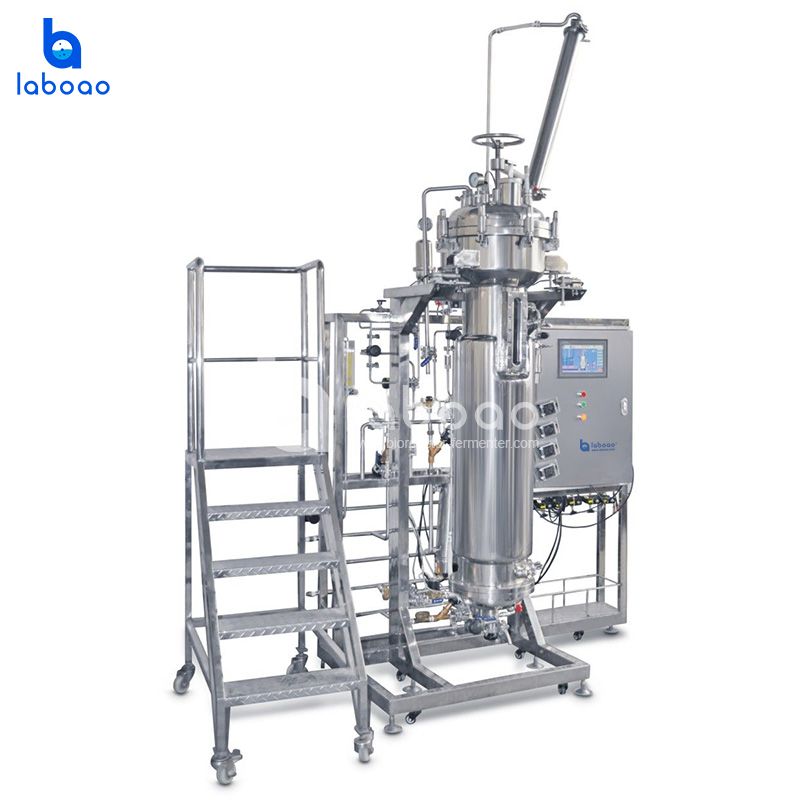
In the wave of scientific and technological innovation, the field of industrial production is undergoing a profound transformation, and mechanization and automation have become the main theme of the development of the times. Traditional manual production methods are no longer able to meet the rapidly developing market demand due to their lagging efficiency and large fluctuations in product quality. The emergence of fermentation tanks in fermentation equipment has brought hope to many industries such as bioengineering, dairy products, and pharmaceuticals. It has not only greatly improved production efficiency, but also revolutionized product quality. Next, let us explore the unique characteristics of fermentation tanks and their key role in various industries.
1. Analysis of the characteristics of fermentation tanks
(1) Scientific mixing mechanism and optimized reaction environment:
The exquisite structural design inside the fermentation tank can achieve all-round and deep mixing of the reaction solution. In the process of microbial fermentation, this uniform distribution characteristic ensures that biological cells are fully in contact with nutrients and gases, allowing each cell to obtain the nutrients needed for growth and reproduction, creating a stable and suitable environment for cell metabolic activities and product generation, and greatly improving the efficiency and quality of the fermentation reaction.
(2) Excellent dissolved oxygen efficiency and significant energy saving effect: The fermenter has an extremely high gas content and a large specific gas-liquid contact interface. This unique advantage enables oxygen to be quickly and efficiently integrated into the reaction solution, fully meeting the vigorous oxygen demand of microorganisms. At the same time, the equipment exhibits low energy consumption in the process of dissolved oxygen, significantly reducing the production cost of the enterprise, and meeting the requirements of the era of sustainable development.
(3) Mild cell damage and wide application range: The mechanical stirring impeller in traditional fermentation equipment will generate a large shear force on biological cells during operation, causing cell damage. The fermenter abandons the mechanical stirring impeller and adopts a more gentle stirring and ventilation method, which greatly reduces the damage to cells. This feature makes the fermenter particularly suitable for the culture of plant cells and tissues, as well as fermentation processes with high requirements for cell integrity, broadening its application range in the biological field.
(4) Excellent heat transfer performance and precise temperature control: A large amount of heat is generated during the microbial fermentation process. If this heat cannot be removed in a timely and effective manner, it will seriously affect the normal progress of the fermentation. With its high liquid comprehensive circulation rate and the heat exchanger installed on the external circulation pipeline, the fermenter can quickly and accurately remove the heat generated by fermentation, providing a stable and suitable temperature environment for the fermentation process.
(5) Easy operation and low maintenance difficulty: The design of the fermenter fully considers the user's operating experience, adopts a simple and intuitive operating interface and control system, and reduces the technical threshold of operators. In addition, its reasonable structural layout facilitates daily inspection, maintenance and maintenance, reduces the probability of equipment failure, and improves the operating stability and reliability of the equipment.
2. Insight into the role of the fermenter
As a professional microbial fermentation equipment, the fermenter is widely used in many fields and has injected strong impetus into the development of different industries.
(1) Assisting bioengineering and promoting technological innovation: In the field of bioengineering, the fermenter is a key equipment for the production of various biological products. From genetically engineered drugs to biofuels, from enzyme preparations to biodegradable materials, the fermenter provides an ideal environment for the growth and metabolism of microorganisms, promoting the innovation and development of bioengineering technology.
(2) Innovate dairy production and ensure quality upgrade: In the dairy industry, fermentation tanks play a core role in the production process of yogurt, cheese and other products. By precisely controlling the fermentation conditions, fermentation tanks can ensure the growth and metabolism of beneficial microorganisms such as lactic acid bacteria, improve the quality and taste of dairy products, and meet consumers' demand for healthy and delicious dairy products.
(3) Empower the pharmaceutical industry and improve medical standards: In the field of microbial Chinese medicine fermentation and pharmaceuticals, fermentation tanks are important equipment for the production of Chinese medicine fermentation, antibiotics, vitamins, vaccines and other medicines. By optimizing the fermentation process, fermentation tanks can improve the output and quality of medicines, reduce production costs, and provide strong support for the development of global medical services.
(4) Promote other industries and achieve diversified development: In addition to the above industries, fermentation tanks have also been widely used in the fields of biological feed, health food, pesticides, etc. Its emergence has greatly improved fermentation efficiency, reduced the production costs of enterprises, and reduced pollution in the production process, ensuring the quality and safety of products.
With its unique characteristics and wide application, fermentation tanks have become an important force in promoting the development of industrial production. With the continuous advancement of science and technology, the technology of fermentation tanks is also continuously innovating and upgrading. I believe that in the future, fermentation tanks will play a greater role in more fields and create more value for the development of human society.


